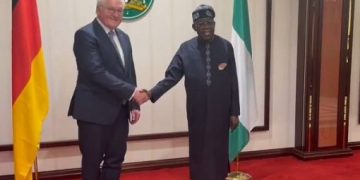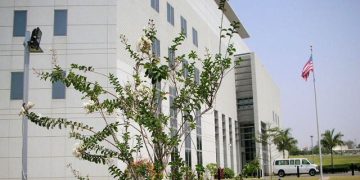According to the business, SpaceX’s Starlink is currently operational in Nigeria. In a tweet on Monday, Elon Musk’s company verified this, adding that Nigeria was the first African country to benefit from its services.
“Starlink is now available in Nigeria – the first African country to receive service,” it tweeted. Nigeria is the world’s 47th country to receive Starlink Internet services.
Starlink aims to build a worldwide broadband network by employing a constellation of Low Earth Orbit satellites to provide high-speed internet service in rural and geographically isolated places.
Broadband penetration in Nigeria is expected to reach 47.36 percent by December 2022, according to the Nigerian Communications Commission. Nigeria aims to boost internet penetration to 50% by 2023 and 90% by 2025.
According to the ‘Nigerian National Broadband Plan: 2020-2025,’ “the new Broadband Plan is designed to deliver data download speeds of at least 25Mbps in urban areas, and 10Mbps in rural areas, with effective coverage available to at least 90% of the population by 2025 at a price not exceeding N390 per 1GB of data” (i.e. 2 per cent of median income or 1 per cent of minimum wage).
Isa Pantami, the Minister of Communications and Digital Economy, recently declared that the country had achieved 100% broadband coverage as a result of the licensing and operation of Starlink.
He said, “Based on the National Broadband Plan, we were to have 90 per cent broadband coverage by December 2025. However, we recently gave a license to Starlink to provide services, and this has given us 100% coverage, about 3 years ahead of schedule.”
While Starlink has now commenced operations in Nigeria, there are concerns about how its high price will hinder the ability of citizens to access its services.















